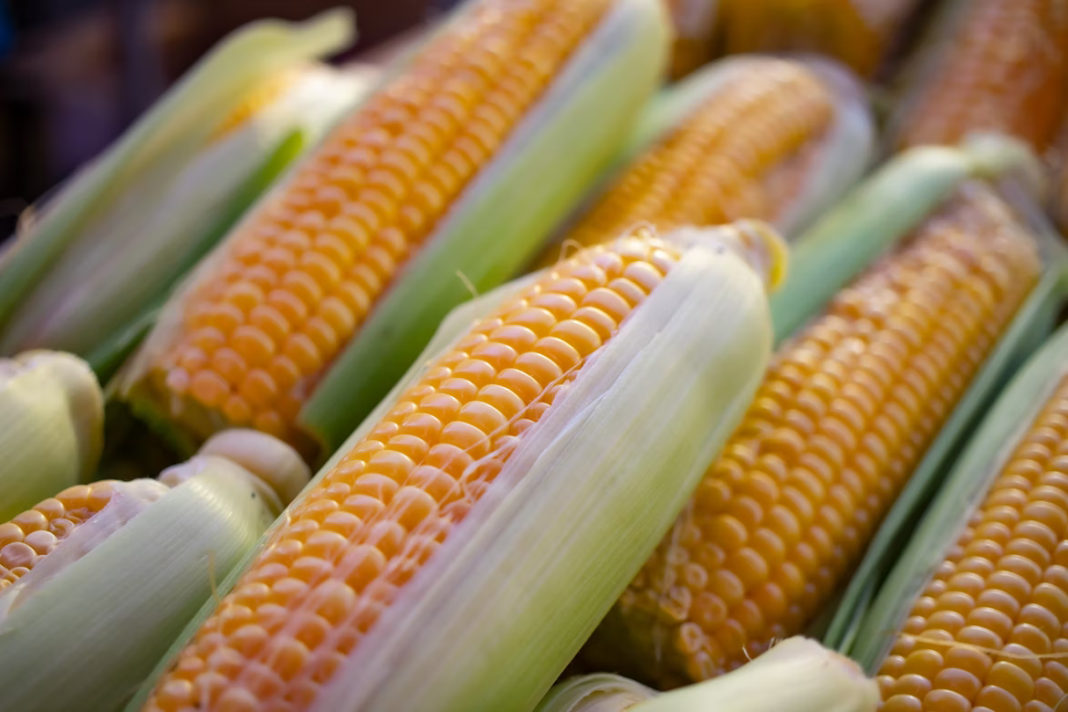Corn is a common, staple food in the United States.
A lot of people don’t know this, but it’s actually a human invention.
Corn, as we know it today, does not exist naturally in the wild, and it can only survive if it is planted and protected by humans.
It actually comes from a wild grass, called teosinte. Though it was also known as maize. It is believed that it was first developed agriculturally in central Mexico, about 7,000 years ago.
Of course, back then, it looked much different. The kernels were very small, and widely spaced apart. It took a lot of agricultural engineering to make corn the vegetable it is today.
But here’s the big question.
Is corn actually good for you? Or is it possible that it’s not actually that healthy for you as a long-term option?
Well, today, that’s exactly what you’re going to learn.
The Good
Corn is rich in fiber. It’s a vegetable known for helping to aid digestion—and it’s also good for eye health. It’s rich in vitamin C, and the yellow variety tends to be a good source of carotenoids lutein and zeaxanthin.
Corn also contains nutrients like vitamin B, vitamin E, vitamin K, magnesium, and potassium.
But corn’s biggest health benefit probably lies in how it can help you to maintain better gut health.
When you consume corn and whole-grain corn products instead of processed white flour products, you’ll tend to have better gut health overall. You’ll also be at a decreased risk for diseases like diabetes, heart disease, and even cancer.
The Bad
With all of that being said, corn does have its drawbacks.
It’s starchy, for one. This means that it actually contains higher levels of sugar, and it contains quite a few carbohydrates.
This means that corn can raise your blood sugar levels when eaten.
If you eat too much of it, this could negatively impact your diet, your ability to lose weight, and your insulin levels.
Some people with celiac disease find that their bodies don’t react well to corn. Corn can also sometimes cause a flare-up of IBS (irritable bowel syndrome).
What’s The Final Word On Corn? Is It Healthy, Or Not?
At the end of the day, corn does boast some significant nutritional value—and it’s been a staple human food for thousands of years.
But it does have some health downsides that cause it to not be the best food option choice for modern humans when consumed in excess.
The general overall takeaway is this—that if you consume it in moderation as part of a diet that contains other healthy sources of nutrients, corn can be a high-quality addition to a healthy diet.
It’s certainly better than most foods that contain any refined and processed sugar and/or white flour, and it’s also filling.
But it’s probably not a food that you want to load up freely on, without taking some thought for your portion sizes—especially if you’re not a super active person, due to its carbohydrate and sugar content.












